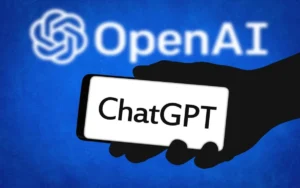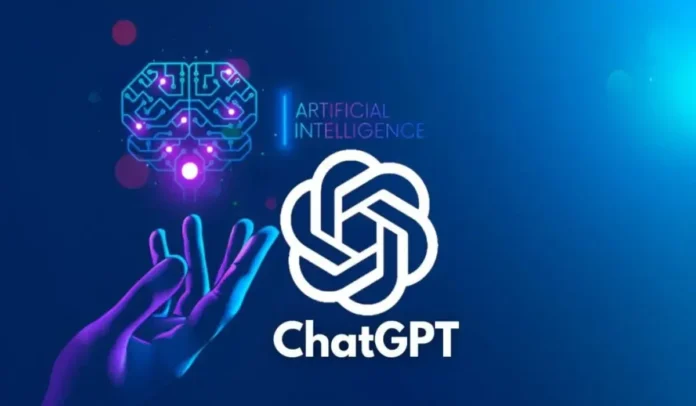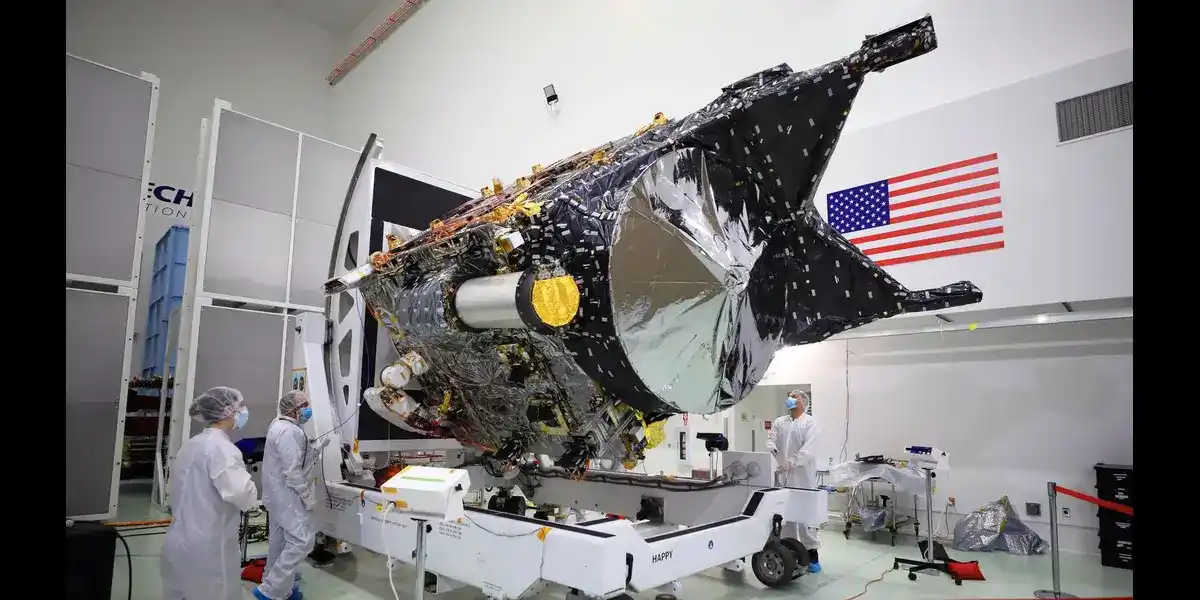The United States Patent and Trademark Office’s (USPTO) decision regarding OpenAI’s trademark application has sparked discussions and raised pertinent questions about intellectual property rights in the realm of AI technology. In the recent flurry of developments within the artificial intelligence landscape, OpenAI has encountered a significant hurdle concerning the trademark for its renowned Generative Pre-trained Transformer (GPT).
Understanding GPT
Before delving into the intricacies of the trademark issue, it’s essential to grasp the essence of GPT. GPT stands as a pioneering model in natural language processing, designed to generate coherent and contextually relevant text based on input data. Its versatility and sophistication have propelled it to the forefront of AI research and application, powering various language-based tasks across diverse domains.
Unraveling Trademarks and Intellectual Property
Trademarks serve as essential assets for companies, distinguishing their products or services from competitors and safeguarding brand identity. In the realm of intellectual property, trademarks play a pivotal role in fostering innovation and maintaining market integrity. However, obtaining and protecting trademarks necessitates adherence to stringent legal frameworks and procedural guidelines.
OpenAI’s GPT Trademark Application
OpenAI, a trailblazer in AI research and development, sought to secure the trademark rights for GPT, reflecting its commitment to innovation and brand recognition. The trademark application underscored OpenAI’s intent to establish GPT as a distinctive symbol of excellence in natural language processing and AI-driven solutions.
The USPTO’s Decision
Despite OpenAI’s diligent efforts, the USPTO’s decision regarding the GPT trademark application yielded unexpected outcomes. The regulatory body cited various grounds for refusal, raising concerns about the distinctiveness and generic nature of the term “GPT” within the AI community.
Analyzing the USPTO’s Decision
The USPTO’s decision spurred a wave of analysis and speculation within the AI ecosystem. Experts and stakeholders dissected the nuances of trademark law and examined precedent cases to glean insights into the regulatory rationale behind the decision. The determination to uphold trademark standards while fostering innovation underscores the delicate balance between legal scrutiny and technological advancement.
OpenAI’s Response

In response to the USPTO’s decision, OpenAI expressed resilience and determination to address the trademark issue through strategic measures. The organization reiterated its commitment to advancing AI research and reiterated its dedication to navigating the complexities of intellectual property law with integrity and transparency.
Implications for OpenAI and the AI Community
The ramifications of the trademark issue extend beyond OpenAI’s immediate concerns, reverberating throughout the broader AI community. Stakeholders and enthusiasts alike ponder the implications for future developments and the evolving landscape of AI innovation. The outcome of this dispute may set precedents and shape industry practices in trademark protection and intellectual property management.
The Importance of Trademark Protection
Trademark protection serves as a cornerstone of brand management and market competitiveness, empowering companies to safeguard their intellectual assets and preserve brand equity. As AI technologies continue to evolve, the need for robust trademark strategies becomes increasingly paramount, enabling organizations to secure their innovations and foster trust among consumers and stakeholders.
Future of OpenAI’s GPT
Amidst the trademark turbulence, OpenAI remains steadfast in its pursuit of excellence and innovation. The trajectory of GPT and its role in shaping the future of AI remains resilient, propelled by a steadfast commitment to advancing the frontiers of natural language understanding and machine learning.
Community and Industry Responses
The trademark issue has sparked diverse reactions within the AI community and industry circles. From spirited debates to collaborative initiatives, stakeholders engage in constructive dialogue to navigate the complexities of intellectual property rights and foster a conducive environment for innovation and collaboration.
Addressing Misconceptions
In light of the trademark dispute, clarifying misconceptions and dispelling myths surrounding OpenAI’s intentions and the implications for the AI landscape becomes imperative. Transparent communication and proactive engagement enable stakeholders to make informed decisions and cultivate a culture of trust and accountability.
Legal Considerations and Challenges
Navigating the legal terrain of trademark disputes entails grappling with intricate legal nuances and procedural intricacies. OpenAI, alongside legal counsel and industry experts, embarks on a journey to address challenges and explore avenues for resolution while upholding ethical standards and legal obligations.
Conclusion
In conclusion, the GPT trademark issue underscores the intersection of technology, law, and ethics within the AI landscape. As OpenAI charts its course amidst regulatory scrutiny and industry dynamics, the pursuit of innovation and excellence remains unwavering. By fostering collaboration, transparency, and ethical stewardship, OpenAI endeavors to carve a path toward a future where AI enriches human experiences and drives societal progress.
FAQs
Is the USPTO’s decision final, or can OpenAI appeal?
OpenAI retains the option to appeal the USPTO’s decision or explore alternative legal avenues to address the trademark issue.
How does the GPT trademark issue impact OpenAI’s partnerships and collaborations?
The trademark issue may influence perceptions within the AI ecosystem; however, OpenAI’s commitment to ethical conduct and innovation remains paramount in fostering collaborative endeavors.
What are the broader implications of the GPT trademark dispute for the AI industry?
The dispute underscores the importance of intellectual property rights and regulatory compliance in the rapidly evolving landscape of AI innovation, shaping industry practices and legal frameworks.
How does OpenAI plan to engage with the AI community amidst the trademark controversy?
OpenAI aims to foster open dialogue and transparency, engaging with stakeholders to address concerns, clarify misconceptions, and chart a collaborative path forward.
What role do trademark disputes play in shaping the future of AI research and development?
Trademark disputes serve as pivotal moments for reflection and refinement within the AI community, prompting stakeholders to navigate legal complexities and ethical considerations while advancing the frontiers of AI innovation.
Read More: Top AI Assistants: Navigating the Landscape



